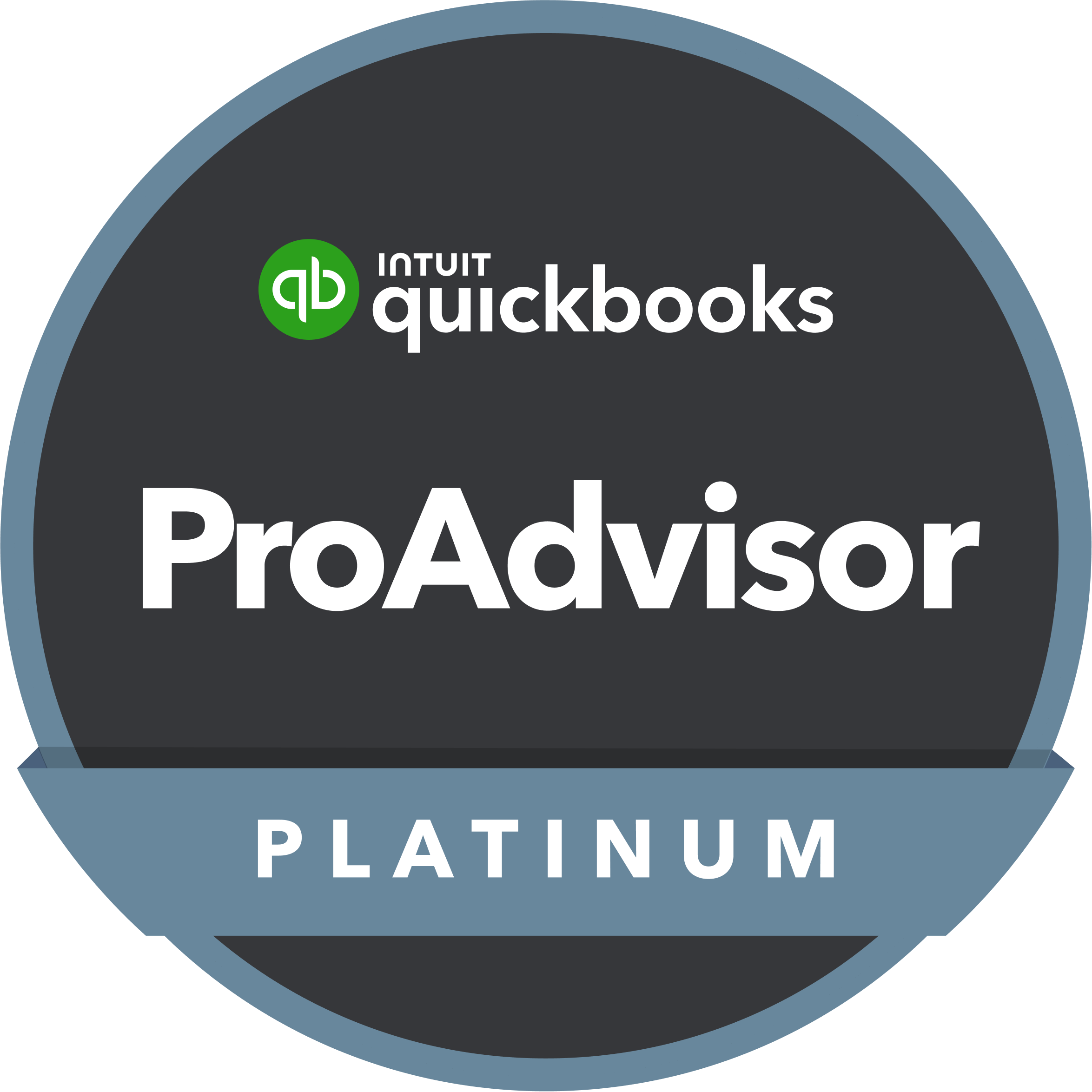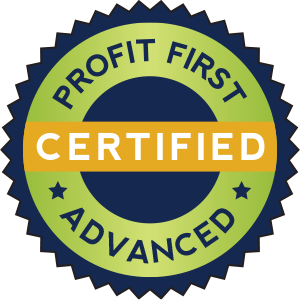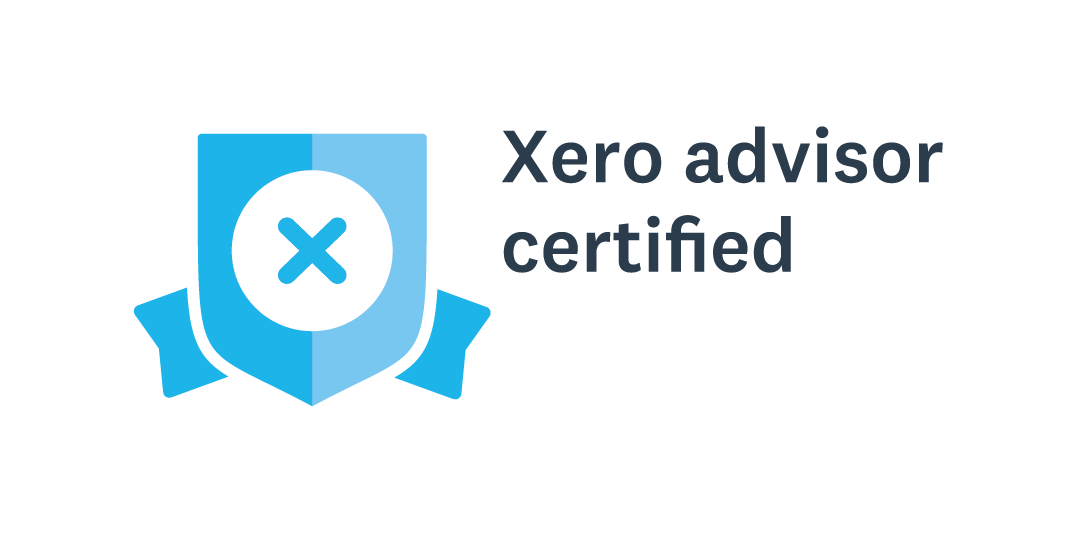Having started your new business things are looking up. You’re busier than ever. Sales are coming in. And, if you have accountancy software, it’s telling you that your business is profitable.
But, when you look at your bank statements, there does not seem to as much cash as you’d expect. Perhaps you even got a letter from the bank letting you know that there weren’t enough funds to make a recent payment!
Unfortunately, many new business owners can find themselves in this position.
So, let’s have a look at the reasons why this can happen and what can be done.
Getting Cash Into Your Business
There can be a big difference between doing work and seeing your bank balance increase due to your efforts. How much you charge, when you invoice and how you ensure payment are the main areas here. Here are some things to watch for:
Have you invoiced for all your work
Invoicing your client after the project is finished can be a problem if it’s going to take a long time to complete. This is where you can find that yourself spending a lot of time on a project but not having any money to show for your work.
If you find yourself in these situations, it may be worth considering staged payments.
Once the project is finished, be sure to send the invoice. It’s surprisingly easy for this to get overlooked!
Are you doing more than you quoted for
Often a simple job can quickly grow. This isn’t a problem unless the extra effort isn’t being matched by the price being charged.
Being aware that it is happening allows you to raise it with the client. If they are wanting you to do more work, chances are they will be happy to pay for it.
Maybe the job hasn’t grown, but that you’ve underestimated what was involved.
It happens.
Something to put down to experience and remember for next time.
Not being paid
Perhaps you have issued invoices but they haven’t been paid. While this might seem an awkward issue to address, it’s an important area of the customer relationship.
Check the invoice has been received by the right person. Often things can get overlooked so a simple call or email is likely to see the cash come in.
Sudden Outgoings
Looking at the bank balance might seem the safest option, but this can still catch you out.
It only lets you know what cash you have at a given moment, so any large payments can change things.
VAT is perhaps the biggest culprit. Adding on an extra 20% to your sales can really make your bank balance look quite healthy. But, when the time comes to pay your VAT return, you might find yourself caught short.
Business Growing Pains
Many business owners do not pay themselves in the early stages of growing their businesses. This makes sense as it is rare for a business to be profitable from the day one.
Then there comes a point where the business becomes profitable and the owner can start paying themselves. This tends to mean a drop in cash although things are improving.
As you build your business, you’ll need more cash to fund the growth for staff, stock, equipment. These can all make your cash position temporarily worse, even though your business is growing.
What the Profit and Loss doesn’t tell you
Accounting software has become far more accessible. If you’re using it, the chances are that the profit and loss is the report you look at the most.
This is great as it does give a good view of how your company has been doing over a given period. However, it does not show the whole picture and doesn’t show the movement of cash in and out of your business.
Here are just a few ways where the profit and loss doesn’t show you what is happening with your cash:
Invoices issued will be included, even if not paid.
Bank transactions unrelated to the business will not be included
Large equipment expenses will not be included
What can be done?
There are many factors that can affect how much cash is in your business. Which explains why it is so easy to get caught out.
There is no silver bullet, but here are some suggestions that can help:
1) Review your Finances
Reviewing your finances monthly or weekly can keep you on track. Things you might want to consider are:
How much cash is in the bank
Are you expecting to make any large payments
How much do you normally spend
What income are you expecting
Has all work been invoiced
Are any invoices unpaid
2) Build a Buffer
Building a cash buffer can alleviate a lot of stress. The idea is that you have the cash to cover your outgoings, for a while at least, even if your income stopped.
It will take a while to build up and the bigger the better.
To get you started, a good buffer would be enough to cover both:
One month of outgoings
Your average VAT bill (if you’re VAT registered)
It is also worth putting aside a proportion of your profits to allow for any tax due.
Managing your cash is an important part of running a business.
Please make it something you think about.




